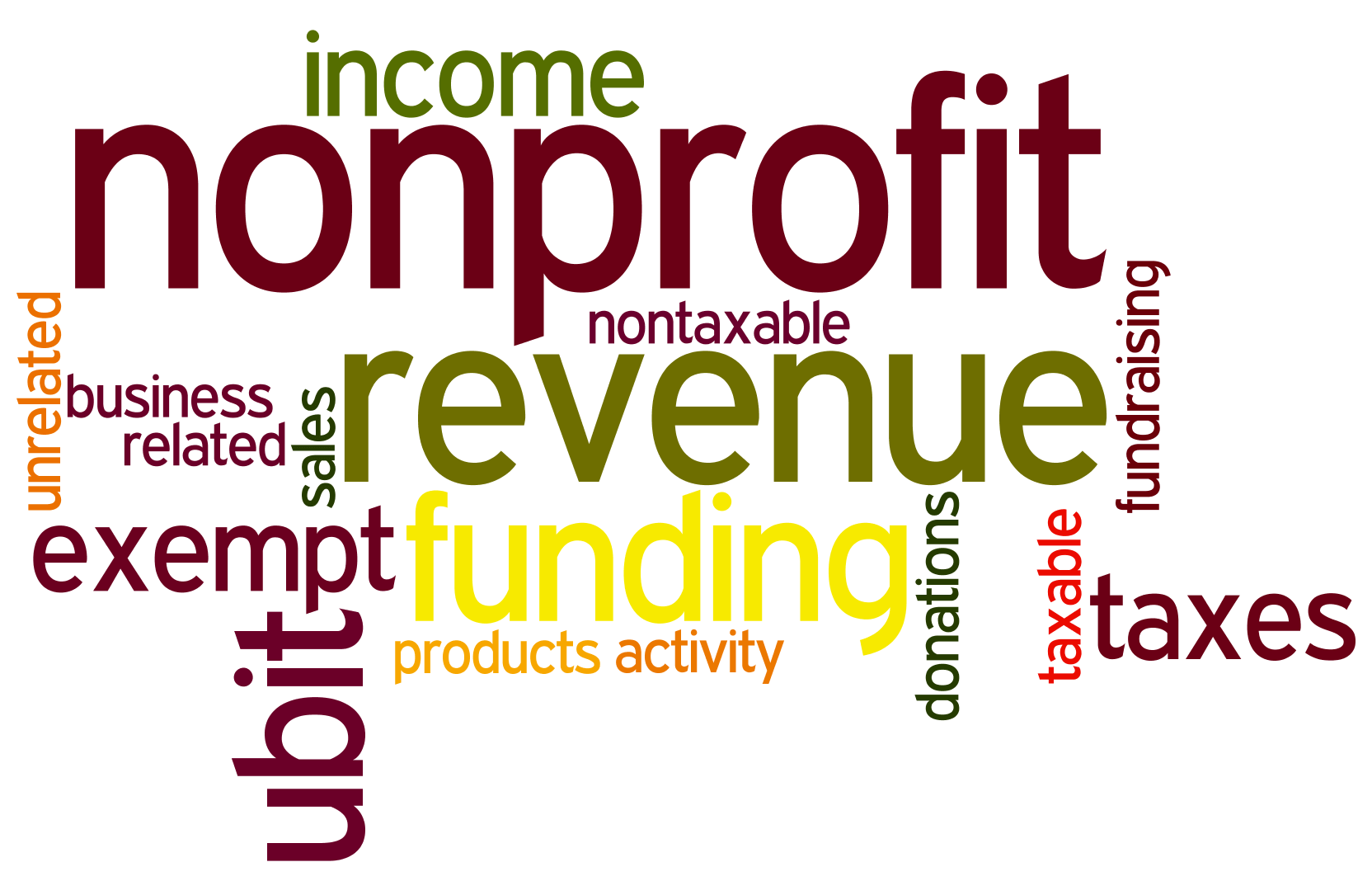Can Nonprofits Sell Products to Generate a Revenue Stream?

Nonprofit organizations are finding it more and more challenging to access much needed capital to carry out their mission-related activities. With increasing competition for a decreasing supply of grants from institutions and the government, nonprofits have had to get creative by turning to alternative sources of funding, including crowd source funding among others. You may have asked yourself, “can nonprofits sell products?” Yes, but with some restrictions!
One often overlooked method to build a sustainable nonprofit is by generating income through the sale of goods or services. Unfortunately, many nonprofits rule out this source of capital because they mistakenly believe that nonprofits must rely solely on grants and donations.
How Can Nonprofits Sell Products to Generate Income?
Nonprofits are not prohibited from engaging in income-generating activities. They can either generate income themselves, as described below, or by setting up a hybrid relationship with a for-profit entity.
What is Unrelated Business Income Tax?
Generally, a nonprofit may generate income on a tax free basis if the income-generating activity is directly related to its exempt purpose.
However, income-generating activity may be subject to unrelated business income tax, or UBIT, at the corporate tax rate if the activity is unrelated to the nonprofit’s exempt purposes and it is regularly carried on. Specific exclusions exist for certain types of activities, spelled out in Internal Revenue Code Section 513(a).
Is your income-generating activity subject to the UBIT? Contact us for a legal consultation.
The question of whether income-generating activity is related or unrelated to the nonprofit’s exempt purpose is determined based on the particular facts and circumstances of each case and is based on the nonprofit’s exempt purpose, as stated in its corporate charter and application for tax exemption. The size and extent of the activity, as well as the nature and extent of the organization’s exempt purposes, may be considered. For example, if a nonprofit whose purpose is to train incarcerated individuals in the arts puts on an art exhibit, revenue collected from selling tickets to the exhibit would not be considered unrelated business income. However, selling T-shirts and candy to fundraise would be unrelated business income since selling T-shirts is unrelated to the purpose of providing arts training to incarcerated individuals. This is one main reason why a nonprofit should pay close attention to the purpose language it includes in its tax-exempt application.
To be taxable, the income-generating activity must also be regularly carried on. In looking at this factor, the frequency and continuity of the activity would be considered. If a similar for-profit company engages in an activity such as selling T-shirts year round, selling T-shirts for a one-week fundraising effort would not constitute a regularly carried on activity.
Related: Operating a for-profit and nonprofit hybrid structure for your social enterprise.
The table below shows examples of income-generating activities and whether they are generally considered unrelated business.
| Activity |
Taxable/Non-Taxable |
| Proceeds from the sale of advertising in a periodical | Taxable |
| Income from museum gift shop | Taxable |
| Income from trade shows, conventions, and public entertainment activities | Non-Taxable |
| Income from bingo games and games of chance where they are legal and are not ordinarily conducted on a commercial basis | Non-Taxable |
| Payments from qualified corporate sponsorships | Non-Taxable |
| Income from guided study travel tours which combine daily lectures and related classroom studies | Non-Taxable |
| Income from publishing and selling educational books, if distinguishable from ordinary publishing practices | Non-Taxable |
| Income from investments other than debt-financed property | Non-Taxable |
| Income derived from licensing agreements with other companies | Non-Taxable |
For more details and examples, see IRS Publication 598.
Reporting Unrelated Business Income
If a nonprofit generates over $1,000 of unrelated business income in a taxable year, it must report the income on Form 990-T with the IRS.
Have questions about how you can build a sustainable nonprofit through revenue generation? Contact us for a consultation.
A Final Note of Caution
Relying too heavily on income-generating activity may potentially jeopardize the organization’s tax-exempt status. For this reason, a nonprofit must require donations and grants to break even financially. If an organization wishes to raise a significant portion of its funding through business activities that are unrelated to its exempt purpose, it may consider a hybrid relationship with a for-profit entity.
DISCLAIMER: The information in this article is provided for informational purposes only and should not be construed or relied upon as legal advice. This article may constitute attorney advertising under applicable state laws.
Categories
Recent Posts
- Negotiating Side Letters in Pre-Seed and Seed Rounds
- Key Terms: SAFEs & Convertible Notes for Pre-seed Funding
- A Guide To Raising Money From Accredited Investors
- Startup 101: Overview of Pre-Seed and Seed Investment
- SPZ Legal's Commitment to Social Impact with Pledge 1%
- Issuing Equity to Service Providers? A Guide to Equity Incentive Plans for Startups.
- A Guide to Navigating the New Beneficial Ownership Information Reporting Requirements
- Unveiling the Power of Venture Debt: A Legal Guide for Startup Founders